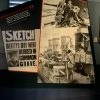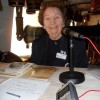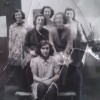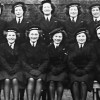The opening of the Jutland exhibition coincides with the one hundredth anniversary of the Battle of Jutland, which was fought from 31 May to 1 June 1916, and has been commemorated locally and at a wider level.[1] The focus of the exhibition is upon an intense moment of British naval history; 36 hours of warfare […]







